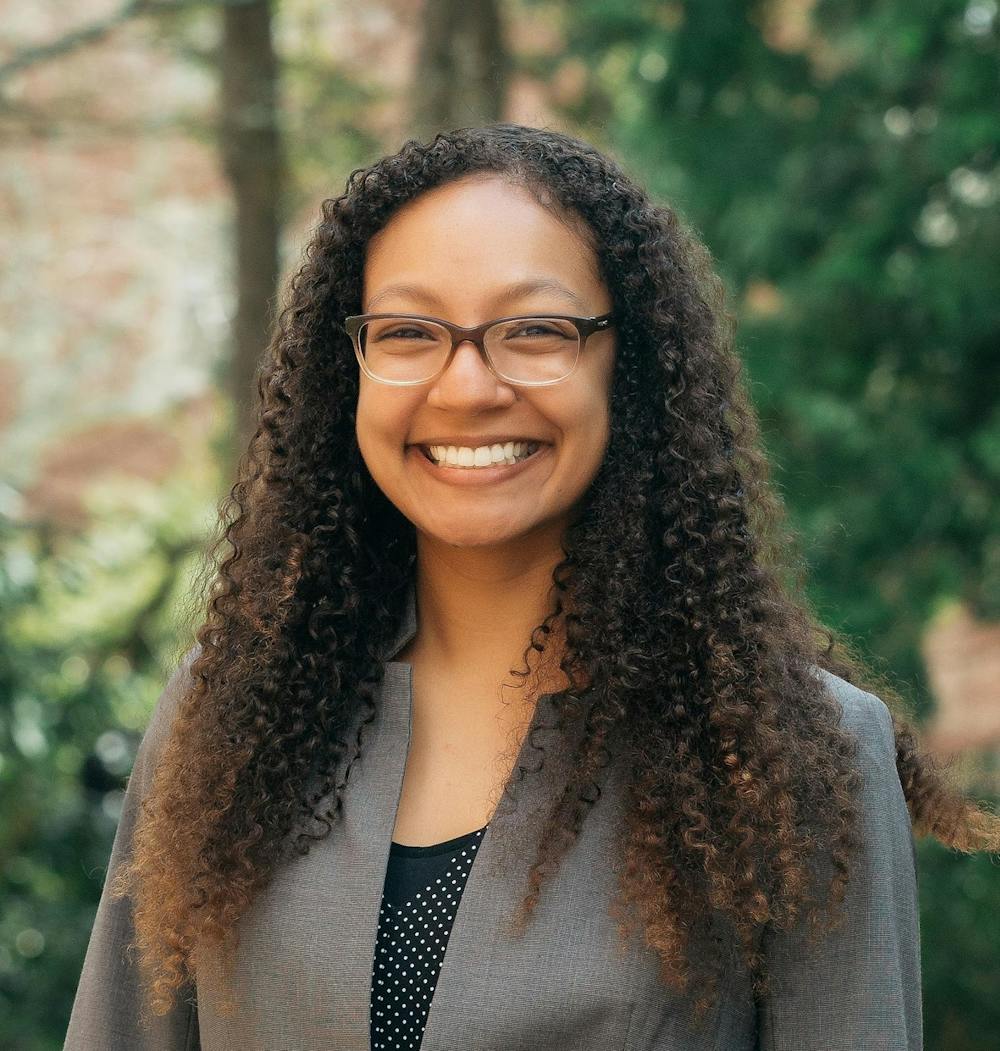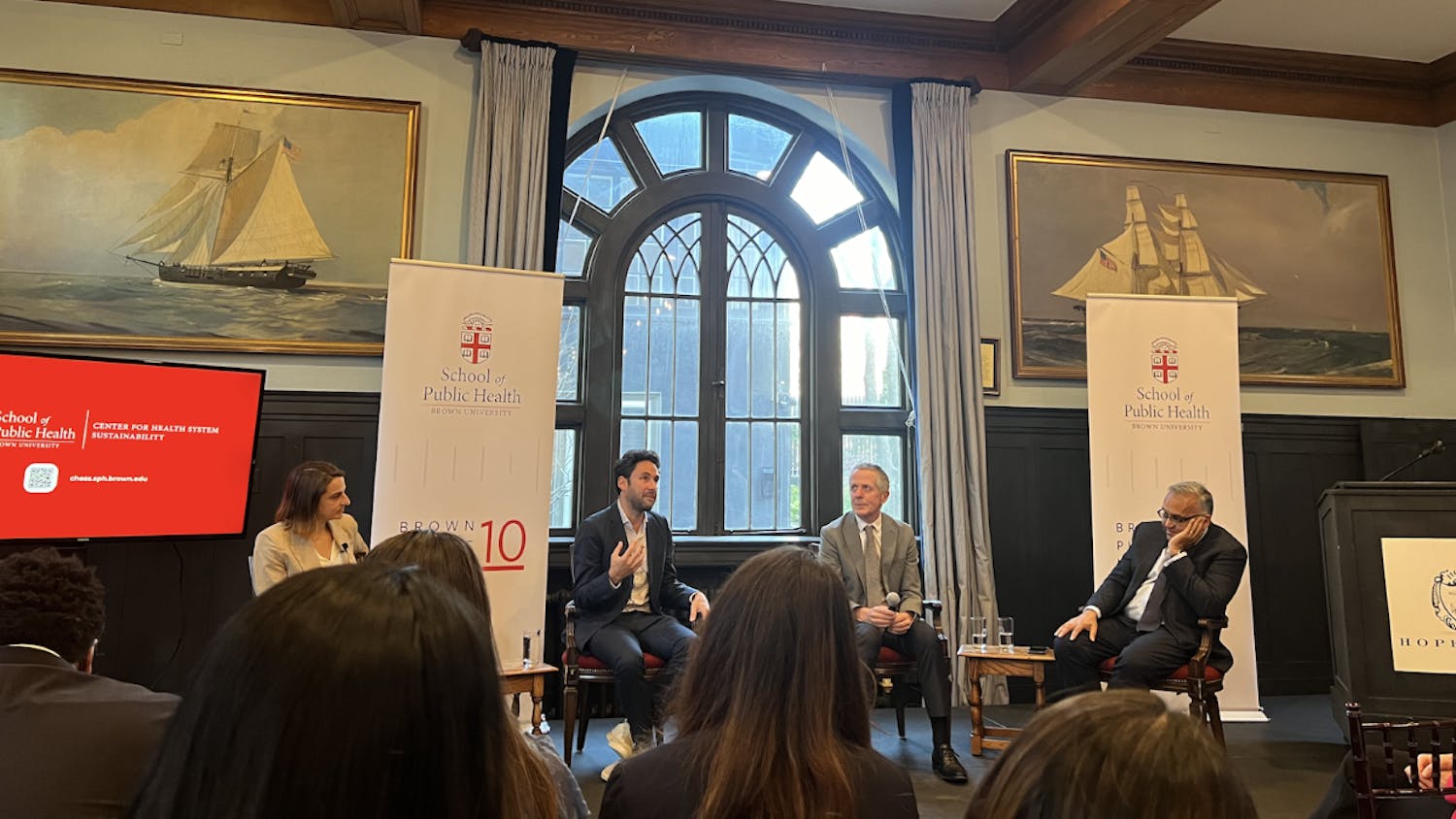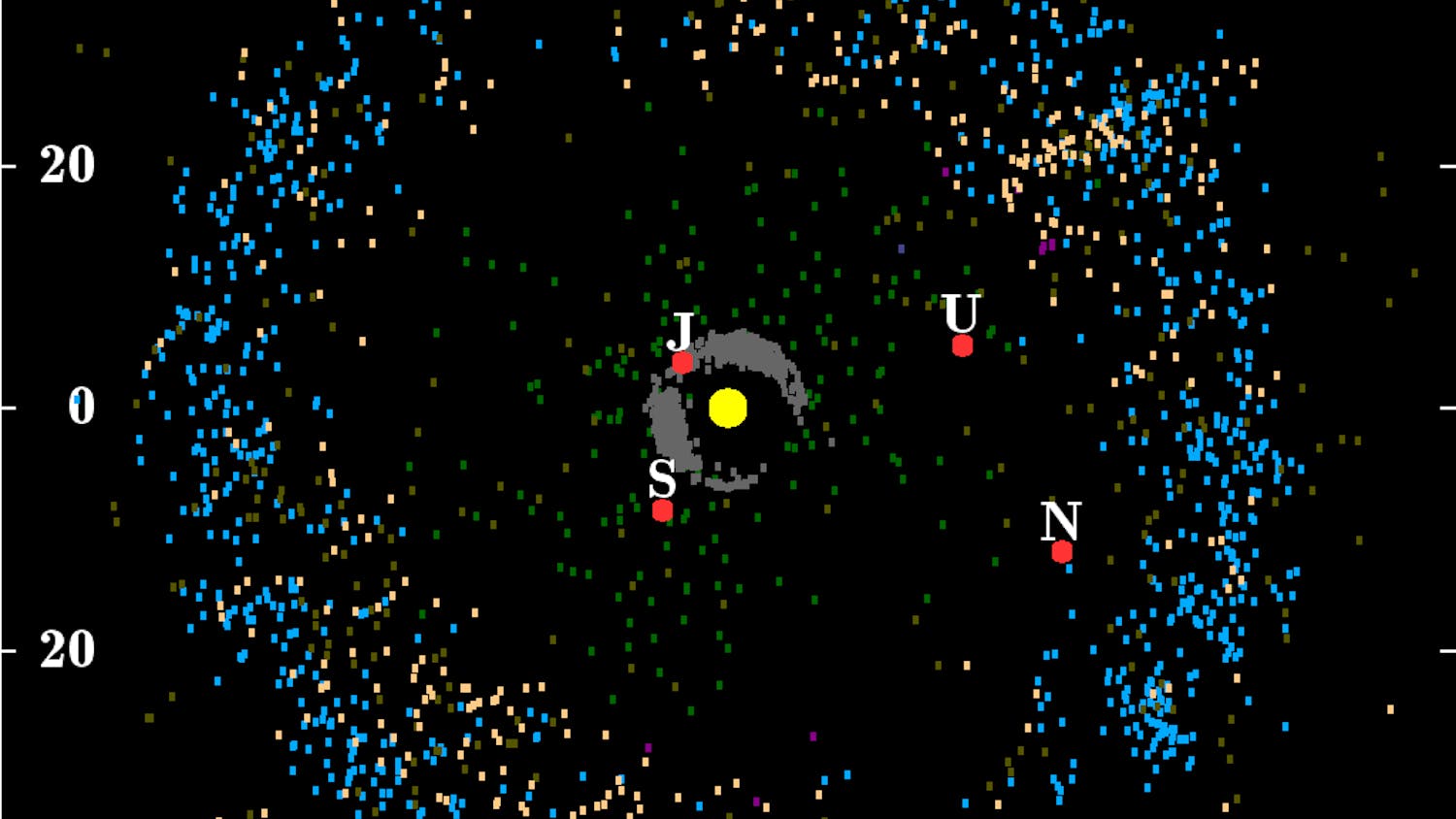A new published in mid-October by a team of University researchers calls into question whether police presence is necessary for responding to drug overdose incidents.
Recent suggests that the public’s fear of law enforcement presence is the main reason that people do not call 911 when witnessing an overdose. Last year, Providence emergency medical services were to more than 500 overdose incidents.
The new study adds to this research, finding that a minimal portion of recent drug overdose incidents in Providence required law enforcement intervention.
Alexandria Macmadu '14 MSc'15 PhD'22, a postdoctoral fellow in the Department of Epidemiology, was the lead author of the study. Along with a team of researchers and the partnership of community organization , she analyzed 211 incidents in which police responded to overdose calls in a Rhode Island city, which was not named to provide privacy for the individuals’ involved.
“Police broadly see themselves as being responsible for ‘securing the scene’ and ensuring that all persons on scene, whether it be EMS or other bystanders, are safe throughout that encounter,” Macmadu told The Herald.
The team “dug through the narrative incident report” of each document and queried words such as “combative” or “struggled” to determine if police were needed to defuse the situation and protect others, Macmadu said. They found that only 1% of incidents involved an individual who was described as “combative” by police.
Only three instances involved arrests; two of these instances “were extenuating circumstances in which others were in danger, including minors,” Macmadu explained. The final arrest was made when police found that a person on the scene had an outstanding search warrant.
Macmadu also highlighted that “warrant searches at the scene of an overdose (are) perfectly legal at this time … but it strongly discourages people from calling for help.” Rhode Island’s also prohibits anyone on the scene of an overdose from being arrested with charges related to drug possession.
Although police are required to carry naloxone — a drug that reverses the effects of an overdose — they often arrive on the scene last, after naloxone has been administered by another party, according to Brandon Marshall, professor of epidemiology and mentor for this paper.
“Bystanders or other first responders are the most effective people present at an overdose,” not police, he said. The report found a low rate of combative behavior and delayed police response times, challenging whether police response to overdose calls is truly necessary.
“In an ideal world, we should be relying on other first responders,” such as EMS and fire services, Marshall said. “Police should only be a last resort.”
Both researchers emphasized that until there is a system in which rapid response is guaranteed by EMS, police should continue to be dispatched to administer naloxone but return to their patrol once medical personnel arrive. Until these suggestions can be implemented, “police should really be utilized as a secondary safety net for overdoses,” Macmadu said.
This may be especially true in rural areas, Marshall said. He added that he would “love to see this kind of study replicated in other settings,” such as in suburban or rural areas. In these neighborhoods, police may respond and administer naloxone more rapidly than EMS, he said, but further research is needed.
Lisa Frueh, an author on the paper and current PhD student at Drexel University, said that they hope this research will allow “policymakers to have a real conversation about how they would like overdose response to go.” They maintain that representatives can have more “nuanced conversations” about “the most effective ways that we can make sure that people aren’t dying of overdose, which is a preventable death.”
As for Macmadu, she believes “that the findings from this work can result in warrant searches at the scene of an overdose being prohibited.”
With such a change, she hopes that more people will be encouraged to call for help in potential overdose situations. In these circumstances, she said, “minutes matter and (any) hesitation can ultimately result in a loss of life.”

Owen Dahlkamp is a Section Editor overseeing coverage for University News and Science & Research. Hailing from San Diego, CA, he is concentrating in political science and cognitive neuroscience with an interest in data analytics. In his free time, you can find him making spreadsheets at Dave’s Coffee.




